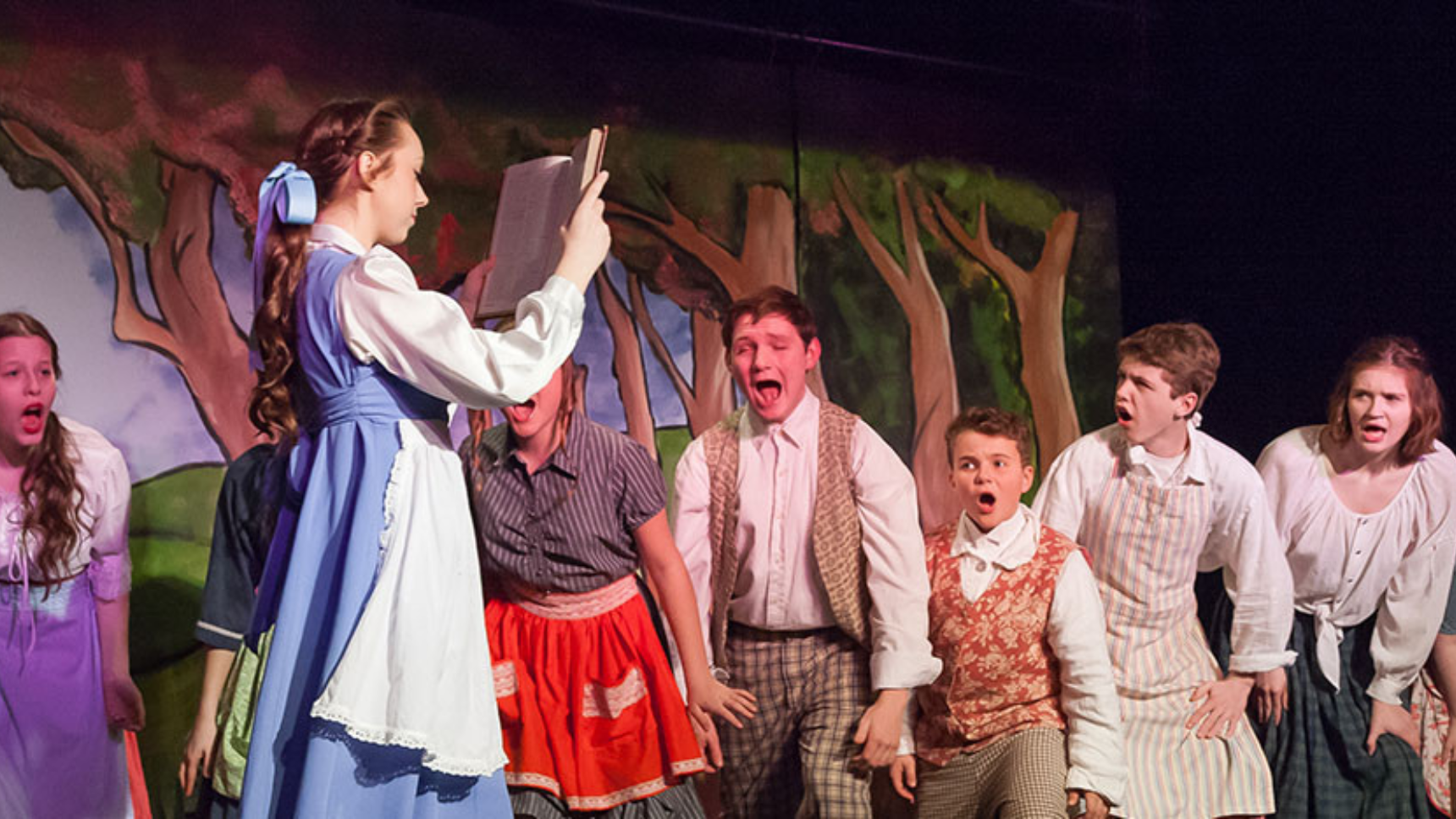
Knoxville Children’s Theatre is in need of a new space to accomodate growth
An Americans for the Arts economic impact study shows that the non-profit arts and culture sector generates $146 million in total economic activity for the greater Knoxville region.
It’s truly remarkable how non-profits achieve so much with limited resources. Operating on tight budgets, these organizations stretch every dollar to maximize their impact, often accomplishing what seems impossible. This is certainly true for the Knoxville Children’s Theatre (KCT), which is growing faster than its current resources can cover.
Emily Helton, the Academy Director for the theatre oversees the curriculum, educational programs, community engagement, and more. In the non-profit world, that’s short for saying that Helton wears many different hats.
Right now, she said KCT serves about a thousand students and hosts 15,000 audience attendees per year.
“We have an extensive waiting list of children who want to get involved with our Academy and productions, but both physical space and budget limit us,” Helton said.
For the last several years KCT has been creating additional programming to meet the unique needs of students and families. It’s one of the only theatre companies for children in Knoxville, so there’s a large demand to participate.
On the production side of things, kids can audition and participate in a show for free. There are about 10 productions each year, each casting 15-30 people and 15-30 designers who work on costumes, sets, lights, etc.
“The only barrier to entry for our productions is the audition,” Helton said. “It costs nothing for students to be in one of our plays. And while there is a small fee to participate in an Academy class, we frequently offer scholarships, and will never turn away a student if they can’t afford tuition. ”
Helton said KCT is about more than giving students a stage to perform on, it’s about helping develop cognitive skills, confidence, comfortability in public speaking, and a feeling that they are part of something bigger than themselves.
“A lot of these students aren’t interested in sports or student government. This is their outlet to express themselves and their strengths,” Helton said. “And, sometimes we get shy or quiet students and watch as they slowly come out of their shell.”
For example, Helton shared a moving story about a family who signed their daughter up for Academy. She was diagnosed with an anxiety disorder – selective mutism. The child rarely ever spoke. By the end of the course, this student was talking, connecting with peers, and even felt confident enough to perform in front of others.
Even if a student doesn’t commit to a life as an actor or designer, there are certain soft skills learned in theatre that make these children valuable assets to companies and communities as they get older! Studies find that all students who participate in theatre,
Some of the skills students learn are confidence, storytelling, creative thinking, public speaking, project management, personal responsibility, leadership, and teamwork.
“The educational benefits of both seeing and participating in live theatre are numerous. Study after study shows that if you want to boost literacy, you should get children to the theatre before the age of eight. KCT targets rural and underserved students to encourage reading and encourages them to attend its many literary productions,” said Sien Moon, KCT’s Executive Director. “Beyond this, studies have proven that students who consistently participate in theatre greatly improve their academic performance and it significantly bumps up standardized test scores. This is true regardless of a child’s socioeconomic background.”
Additionally, there has been a reduction or elimination of performing arts programs in many schools, which doubles down on the importance of the community program being an outlet for creative students.
As mentioned, KCT is growing fast. It was founded in 2008 and started in the space off Tyson Street where Remedy Coffee now occupies. Then, in 2013, it expanded into a building off Central and Churchwell. Now, Helton said their biggest challenge is a lack of physical space to accommodate their current demand. KCT is currently addressing this issue and hopes that its next location will be an effective, permanent venue that will allow for the growth and demand and enhance the nonprofit’s status as a major cultural and civic asset to the City of Knoxville, Knox County, and our region.
The children’s theatre organization has more annual attendees than any other theatre in the area. Helton said they want to relocate downtown to be closer to the Arts District and encourage families to spend money and fuel our economy before and after the shows at local businesses.
According to research found in an Americans for the Arts economic impact study, the non-profit arts and culture sector generates $146 million in total economic activity for the greater Knoxville region. A new theatre in the area could help further downtown’s expansive arts district and bring additional visitors and tourists to spend money and boost our economy.
In the same survey, 87 percent of Americans said they believe that arts and culture are important to the quality of life as well as to local businesses and the economy.
“Our program is so impressive, and the community is seeing that. I’m so proud of what we have accomplished so far, and I’m excited for this next stage of growth,” she said.
To find out more and how you can help, click here.
Like what you've read?
Forward to a friend!

